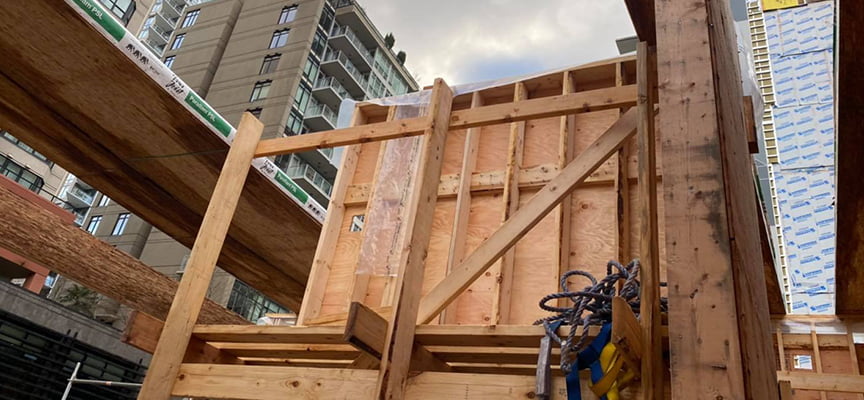
Every successful construction project begins long before the first shovel breaks ground. The careful, strategic planning in the pre-construction phase sets the tone for the entire project. For any construction contractor, the blueprint for success is drawn in this stage.
Pre-construction planning is a detailed and critical process that includes defining the project’s scope, estimating costs, and scheduling.
This crucial phase helps avoid costly mistakes and delays and lays a solid foundation for seamless execution. Here’s why pre-construction planning is vital for your project.
Why Pre-Construction Planning Matters
The planning phase involves detailed planning and preparation before the actual construction begins. It sets the stage for everything that follows and helps avoid costly mistakes, delays, and other issues. But how does it start?
One of the first steps in pre-construction planning is to define the scope of work. This involves identifying the project’s objectives, requirements, and constraints. A construction contractor will work closely with the client to ensure that all aspects of the project are clearly understood and agreed upon.
Next, accurate budgeting and cost estimation are critical components of pre-construction planning. A construction contractor will provide a detailed cost estimate based on the project’s scope, materials, labour, and other expenses. This helps in securing funding and ensures that the project stays within budget.
The Role Of The Construction Contractor
A construction contractor plays a pivotal role in pre-construction planning. Their expertise and experience are crucial in ensuring the project is well-planned and executed smoothly.
Site Analysis
Before construction can begin, a thorough site analysis and feasibility study are conducted.
This involves evaluating the site’s conditions, such as soil quality, topography, and accessibility. A construction contractor will use this information to determine the feasibility and identify potential challenges.
Design And Engineering
Design and engineering are critical components of pre-construction planning. A construction contractor will collaborate with architects and engineers to develop detailed design plans and engineering specifications.
This ensures that the project is structurally sound and meets all regulatory requirements.
Permitting And Approvals
Obtaining the necessary permits and approvals is a crucial step in pre-construction planning. A construction contractor will navigate the complex permitting process to ensure that all required permits are obtained before construction begins.
This helps avoid delays and ensures compliance with local regulations.
Benefits Of Pre-Construction Planning
Pre-construction planning offers numerous benefits that contribute to the overall success of a construction project.
Enhanced Communication And Collaboration
Effective communication and collaboration are critical to a successful construction project. Pre-construction planning facilitates open communication between all stakeholders, including the client, contractor, architects, engineers, and subcontractors.
This ensures everyone is on the same page and working towards the same goals.
Risk Mitigation
Identifying and mitigating potential risks is a critical aspect of pre-construction planning. A construction contractor will conduct a thorough risk assessment to identify potential issues impacting the project.
This allows for developing contingency plans and proactive measures to address these risks.
Improved Efficiency And Productivity
Pre-construction planning helps streamline the construction process, improving efficiency and productivity. A well-planned project minimizes disruptions and delays, allowing the construction contractor to work more efficiently and complete the project on time.
Cost Savings
Effective pre-construction planning can lead to significant cost savings. You can avoid costly mistakes and overruns by identifying potential issues early on and developing detailed plans and budgets.
This ensures that the project stays within budget and delivers maximum value to the client.
Also Read: The Role Of Residential General Contractors In Home Construction
Steps In Pre-Construction Planning
- The first step in pre-construction planning is an initial consultation between the construction contractor and the client.
- Next, a feasibility study is conducted to assess whether the project is viable from a technical, financial, and regulatory perspective.
- During the design development phase, the contractor works closely with architects and engineers to create detailed plans and specifications.
- Additionally, accurate budgeting and cost estimation are critical components of pre-construction planning.
- Lastly, the construction contractor will develop detailed quality control plans to ensure that all work meets the highest standards.
About Us
At Eurobuild Construction, we are committed to delivering high-quality construction services that meet your unique needs. We are here to turn your building dreams into reality. With years of experience and a dedicated team of professionals, we ensure that every project is well-planned and executed to the highest standards.
Contact us today to discuss your construction needs and see how we can help you achieve your goals.

